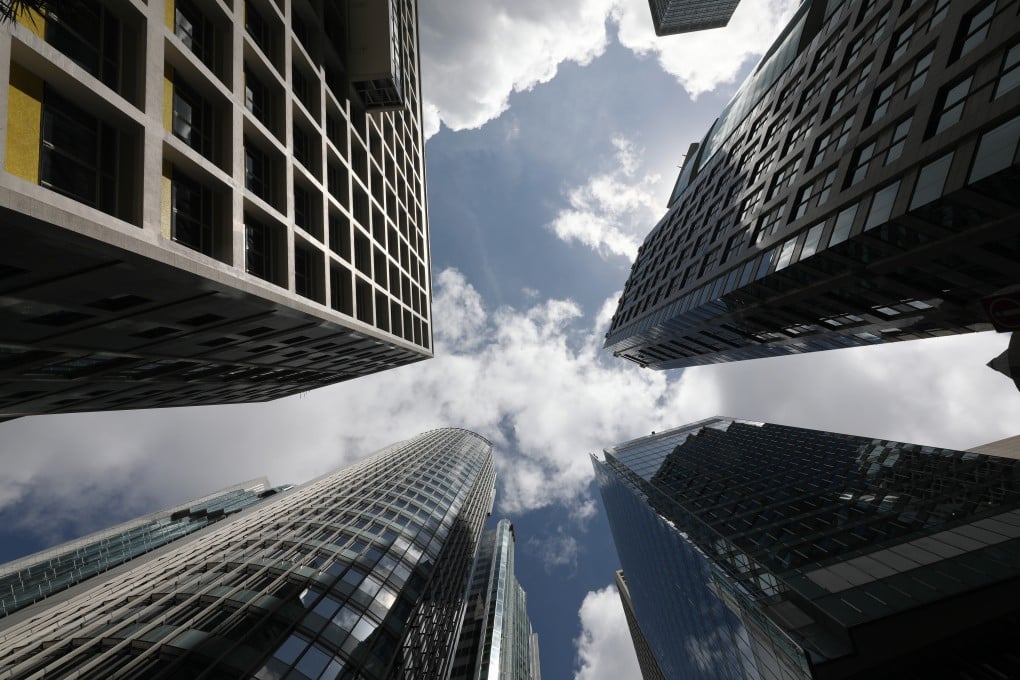Advertisement
Hong Kong’s high business start-up cost fails to deter foreign companies seeking access to China’s breakneck growth pace
- A recent survey found it costs twice as much to set up a business in Hong Kong as it does in rival Singapore
- However, other factors such as the low-tax regime and access to mainland China and growth prospects will override cost concerns, analysts say
3-MIN READ3-MIN

The high cost of starting a business in Hong Kong is unlikely to deter foreign firms from expanding into the city, because it serves as a gateway to the mainland Chinese and Asian markets, according to industry experts.
A number of overseas companies are pondering coming to Hong Kong, defying a recent survey suggesting it is twice as expensive to set up shop here as it is in rival Singapore.
“Foreign food and beverage brands from the United States, the UK as well as [mainland] China are actively seeking opportunities now. They will come to Hong Kong once the border opens,” said Oliver Tong, head of retail at property services firm JLL.
Advertisement
It costs on average US$512 to set up an office in Hong Kong, compared with US$238 in Singapore and US$138 in mainland China, according to the business finance and lending research and information website businessfinancing.co.uk. That is still cheaper than the US$641 it costs in Japan.
The survey used information from The World Bank’s Doing Business 2020 report to gather the cost and minimum capital requirement for a small-to-medium sized limited-liability company to get off the ground in the largest business-oriented cities in 190 countries.
Advertisement
Advertisement
Select Voice
Select Speed
1.00x